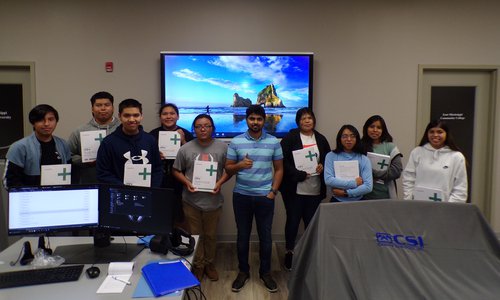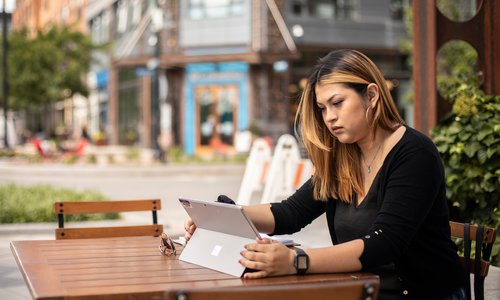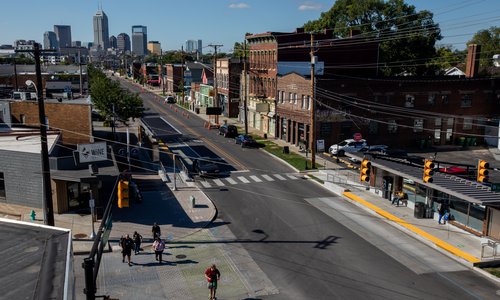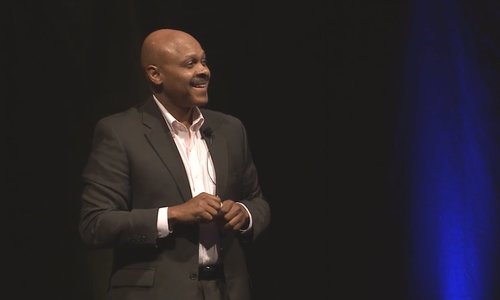Broadband access

The Long and (Very) Winding Road to Universal Broadband for Rural America
In many parts of rural and tribal America, upwards of 21 percent of the population lack broadband access, and the obstacles to installing and preparing people to use broadband in rural America are high and complex, in spite of unprecedented federal support. LISC has been helping local nonprofits, as well as town, county and tribal governments, to leverage public capital and get connectivity, digital devices and training into local places and the hands of residents. The upshot is more people and regional economies accessing business, educational and social opportunities that are imperative for life in the 21st century.

Connecting Communities through Affordable Broadband
LISC’s Michelle Harati looks at how recent federal investments in broadband affordability will help connect more households and expand access to shared prosperity within historically underserved communities.

Building an Infrastructure of Opportunity
LISC’s Michelle Harati takes a look at key provisions of the Infrastructure Investment and Jobs Act, which she says will help address systemic disparities through sustained investments in people, places, and small businesses throughout the country.
A Digital Lifeline, and Salvation via Bees: Two Great Stories from the LISC + Truist Partnership
LISC and Truist Cares have partnered to ramp up broadband and technology access, especially in rural America, and support small businesses. A $5 million grant from Truist is helping LISC address the evolving needs of entrepreneurs, nonprofit organizations and families impacted by the Covid-19 pandemic and the resulting recession. Read on for two remarkable stories of how that assistance is truly saving lives, and livelihoods.

“Access Is Opportunity”: LISC CEO Inaugurates a New Podcast
Maurice A. Jones, LISC’s CEO, is the inaugural guest on U.S. Bank’s new podcast “Real Good.” He speaks with Emmy-winning journalist Faith Salie about how even systemic problems must be fought at the local level, why broadband availability is one of the biggest problems facing rural America today, and how access and opportunity are one and the same.